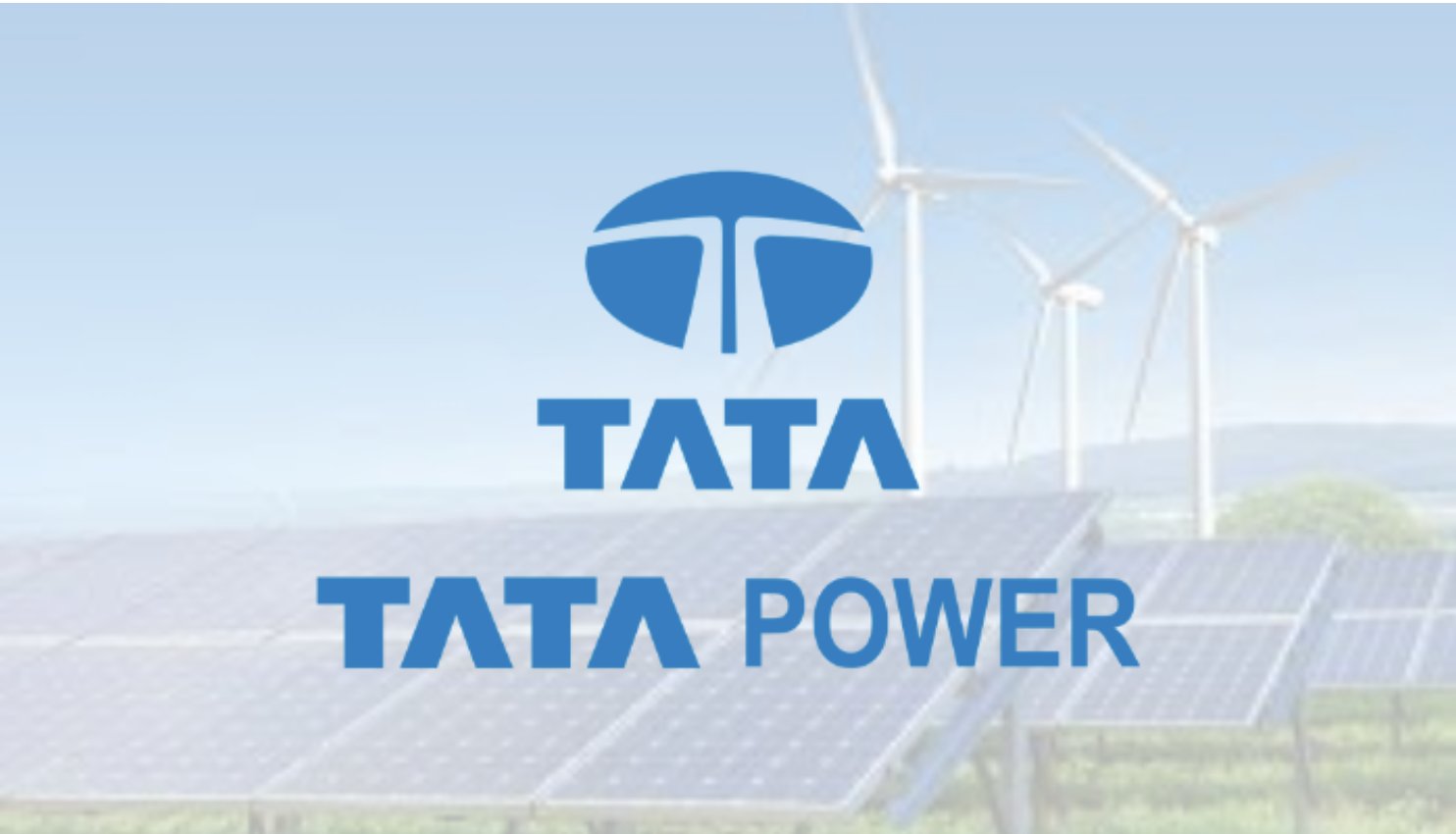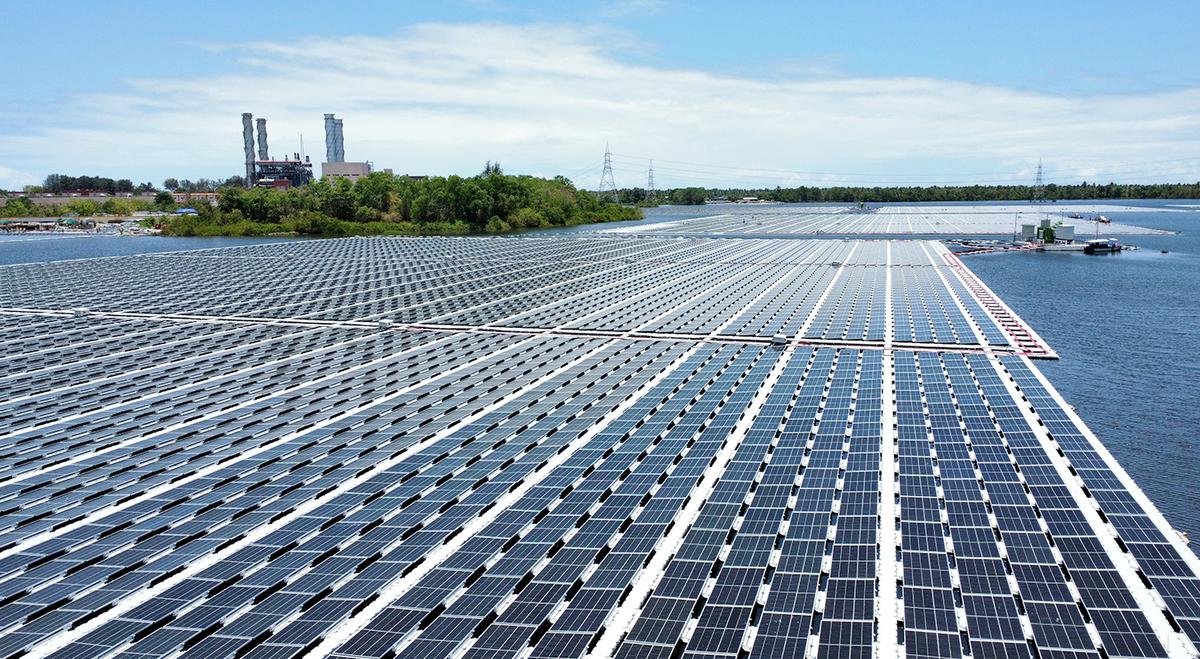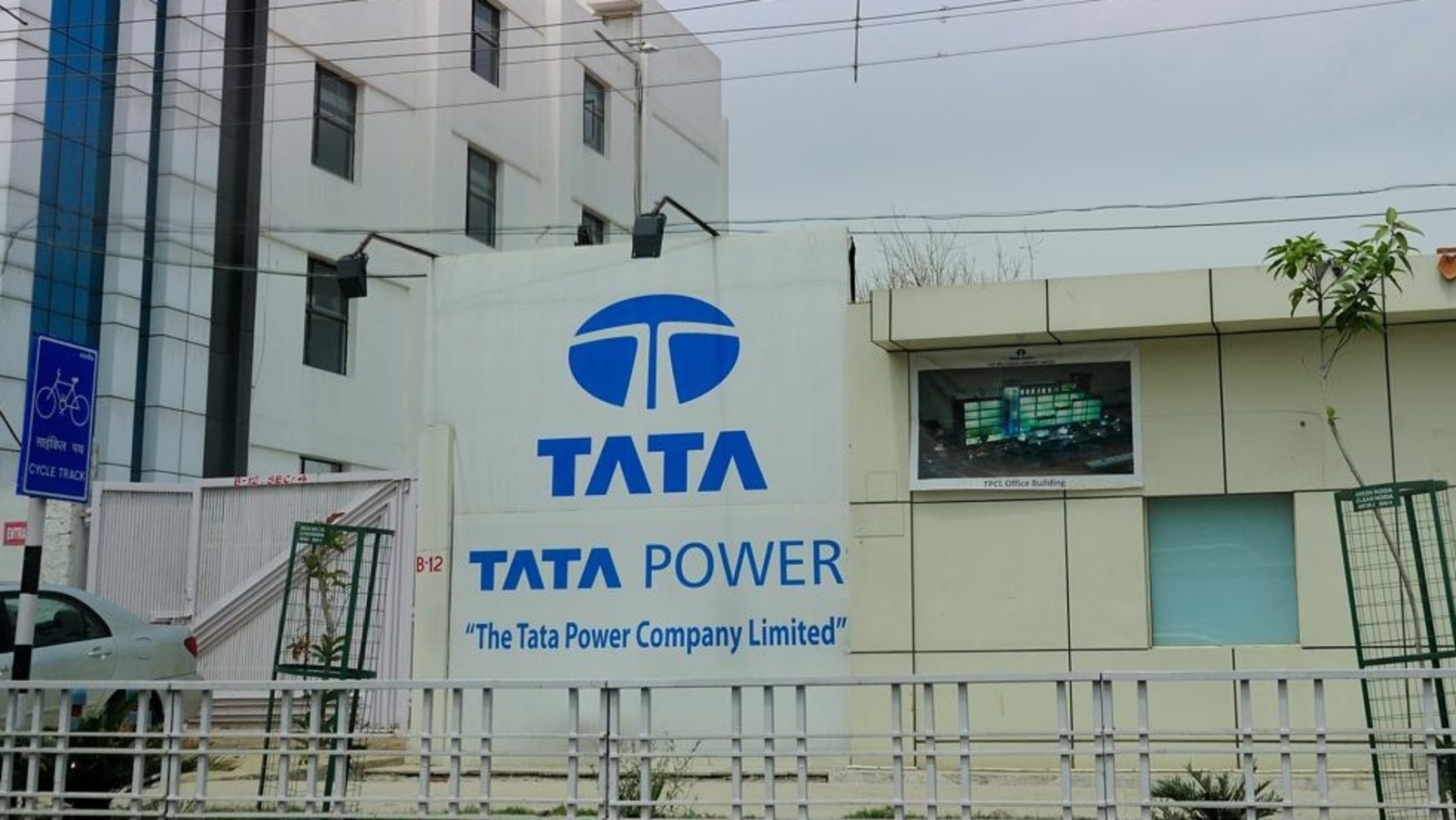Tata Power Renewable Energy’s 12.5 MW Captive Solar Plant in Maharashtra

Tata Power Renewable Energy’s 12.5 MW Captive Solar Plant in Maharashtra
Tata Power Renewable Energy (TPREL), a subsidiary of Tata Power, is taking significant strides in the renewable energy sector in India. In a move that showcases their commitment to sustainability and clean energy, TPREL has announced plans to establish a 12.5 MW captive solar power plant in Maharashtra.
This project marks another important step toward India’s goal of achieving energy security through renewable sources and reducing its carbon footprint. In this article, we will delve into the details of this project, its significance, and the broader implications for the renewable energy landscape in India.

The 12.5 MW captive solar power plant is set to be established in the state of Maharashtra, known for its vast potential in renewable energy generation.
The project will be developed to meet the energy needs of an industrial facility, ensuring a sustainable and eco-friendly power source for its operations.
On Monday, Endurance Technologies Ltd. and Tata Power Renewable Energy Ltd. (TPREL) announced they had signed a contract for the construction of a 12.5 MW captive solar facility in Maharashtra.
In this respect, it has already signed a Power Delivery Agreement (PDA) with Endurance Technologies Ltd through an SPV called TP Green Nature Ltd, according to a statement from TPREL.
)
The plant would be built in Maharashtra’s Aachegaon and produce 27.5 million units (MUs) of electricity annually. According to Endurance Technologies, this will lessen its yearly carbon emissions by about 9,125 metric tonnes (MT) and lower its carbon footprint.
After the PDA is signed, the project is anticipated to be finished within a year.
The proposed captive solar power project will bring TPREL, a Tata Power subsidiary, to a total renewable energy portfolio capacity of 7,889 MW.
The firm has a 4,188 MW operating capacity, which is made up of 1,003 MW of wind energy and 3,185 MW of solar energy.
Captive power plants are designed to generate electricity primarily for the use of the host facility, reducing its reliance on conventional grid power and minimizing greenhouse gas emissions.

The solar plant will have a total capacity of 12.5 MW, making it a substantial addition to Tata Power Renewable Energy’s existing renewable energy portfolio.
The project will be located in Maharashtra, a state with abundant sunlight and favorable policies for solar energy development.
The solar plant is expected to utilize the latest solar photovoltaic (PV) technology, including efficient solar panels and inverters to maximize energy generation.
TPREL has made a significant financial commitment to this project, reflecting its confidence in the potential of renewable energy in India.
The project aligns with India’s renewable energy targets, which aim to increase the share of clean energy in the country’s energy mix. Solar power, in particular, has immense potential in India due to the abundant sunlight throughout the year.
By harnessing solar power, TPREL will help reduce carbon emissions significantly, contributing to India’s efforts to combat climate change and fulfill its international climate commitments.

The captive solar plant will help the host industrial facility reduce its electricity costs over the long term. Solar power is a cost-effective solution that reduces the dependence on fluctuating fossil fuel prices.
The development, construction, and maintenance of the solar plant will create employment opportunities, benefitting the local communities in Maharashtra.
This project exemplifies Tata Power’s commitment to sustainable development, a core principle of the Tata Group. It showcases how large corporations can lead by example in adopting clean and environmentally friendly energy sources.
While the project promises numerous benefits, it is essential to acknowledge the challenges associated with solar power development in India.
These challenges include land acquisition, grid integration, and intermittent power generation due to weather conditions. However, the Indian government’s supportive policies and incentives for the renewable energy sector are helping to overcome these obstacles.
As the project progresses, TPREL and the Indian government will likely address these challenges through innovative solutions and improved infrastructure.

Tata Power Renewable Energy’s initiative to set up a 12.5 MW captive solar power plant in Maharashtra is a commendable step toward a sustainable and green future.
This project not only exemplifies Tata Power’s commitment to clean energy but also contributes to India’s ambitious renewable energy targets.
As the project advances, it will serve as a testament to the potential of solar power in India and inspire further investments in renewable energy, ultimately paving the way for a greener and more sustainable energy landscape in the country.




